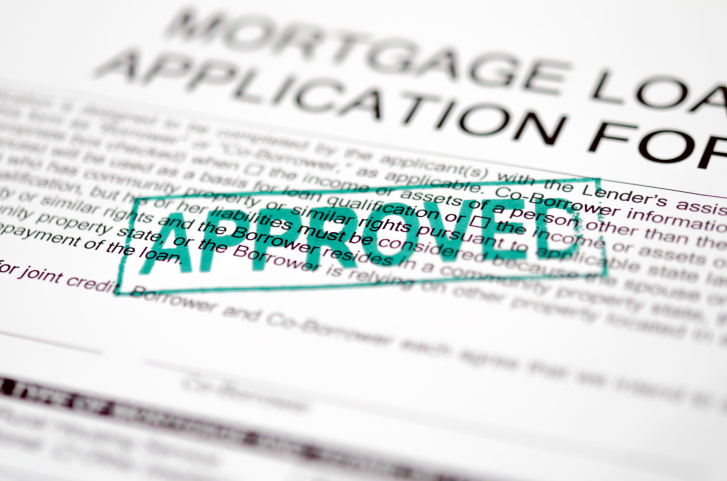 The idea of embarking on home renovations may strike many homeowners as an expensive one, but there are plenty of ways that you can easily upgrade your home without spending a lot of money. If you’re looking for improvements that will truly (and frugally) improve the value of your home, here are a few do-it-yourself options you may want to consider.
The idea of embarking on home renovations may strike many homeowners as an expensive one, but there are plenty of ways that you can easily upgrade your home without spending a lot of money. If you’re looking for improvements that will truly (and frugally) improve the value of your home, here are a few do-it-yourself options you may want to consider.
Change The Lighting
There are few small fixes that will improve the look of your home like lighting, so one of the best things you can do for the overall look of your house is change out some of your bulbs. Instead of going for a light that will look dingy or orange, choose a tone that’s not too bright but will still illuminate your rooms and highlight their best features naturally. Much like a coat of paint, the right light can change everything about the way a visitor will view your home.
Consider A Cabinet Makeover
One of the most outdated features in a kitchen is the kitchen cabinets, and it’s also one of the first things that a potential homebuyer will notice when they enter the room. Fortunately, installing new cabinets doesn’t have to be a huge job that involves a lot of time. Instead of getting a floor-to-ceiling makeover and a construction crew, consider upgrading the doors and hinges or picking a new color for a difference that will instantly improve the room.
Pull Out The Paint Brush
Painting may be one of the least popular household tasks because it takes so much time, but outside of lighting, few things will improve the look of your home like a new coat of paint. While it’s important to ensure that you stick with a relatively neutral shade so that it doesn’t overwhelm the viewer, it will easily upgrade the look of your home and hide any unsightly damage to the wall. It’s also a good idea to remember the front door since it’s the first thing homebuyers will notice!
The word ‘renovation’ often makes people see dollar signs, but it doesn’t have to cost an arm and a leg to upgrade your home. By adding a new coat of paint or upgrading the lighting, you’ll be well on your way to a more modern look. If you’re currently renovating your home and are hoping to put it on the market soon, contact your trusted real estate professional for more information.
 Last week’s scheduled economic reports included readings on construction spending, the Federal Reserve’s Federal Open Market Committee statement, and the Fed Chair’s press conference. Readings on public and private-sector jobs growth and the national unemployment rate were released along with weekly readings on mortgage rates and jobless claims.
Last week’s scheduled economic reports included readings on construction spending, the Federal Reserve’s Federal Open Market Committee statement, and the Fed Chair’s press conference. Readings on public and private-sector jobs growth and the national unemployment rate were released along with weekly readings on mortgage rates and jobless claims. There are few things better than finding your dream home and being able to afford it, but simply because you’ve found the perfect place doesn’t mean you should stretch the truth. It might seem tempting to polish your mortgage application a little in the hopes of making a better impression, but here are a few reasons why you should stick to the truth when signing off on your home.
There are few things better than finding your dream home and being able to afford it, but simply because you’ve found the perfect place doesn’t mean you should stretch the truth. It might seem tempting to polish your mortgage application a little in the hopes of making a better impression, but here are a few reasons why you should stick to the truth when signing off on your home.